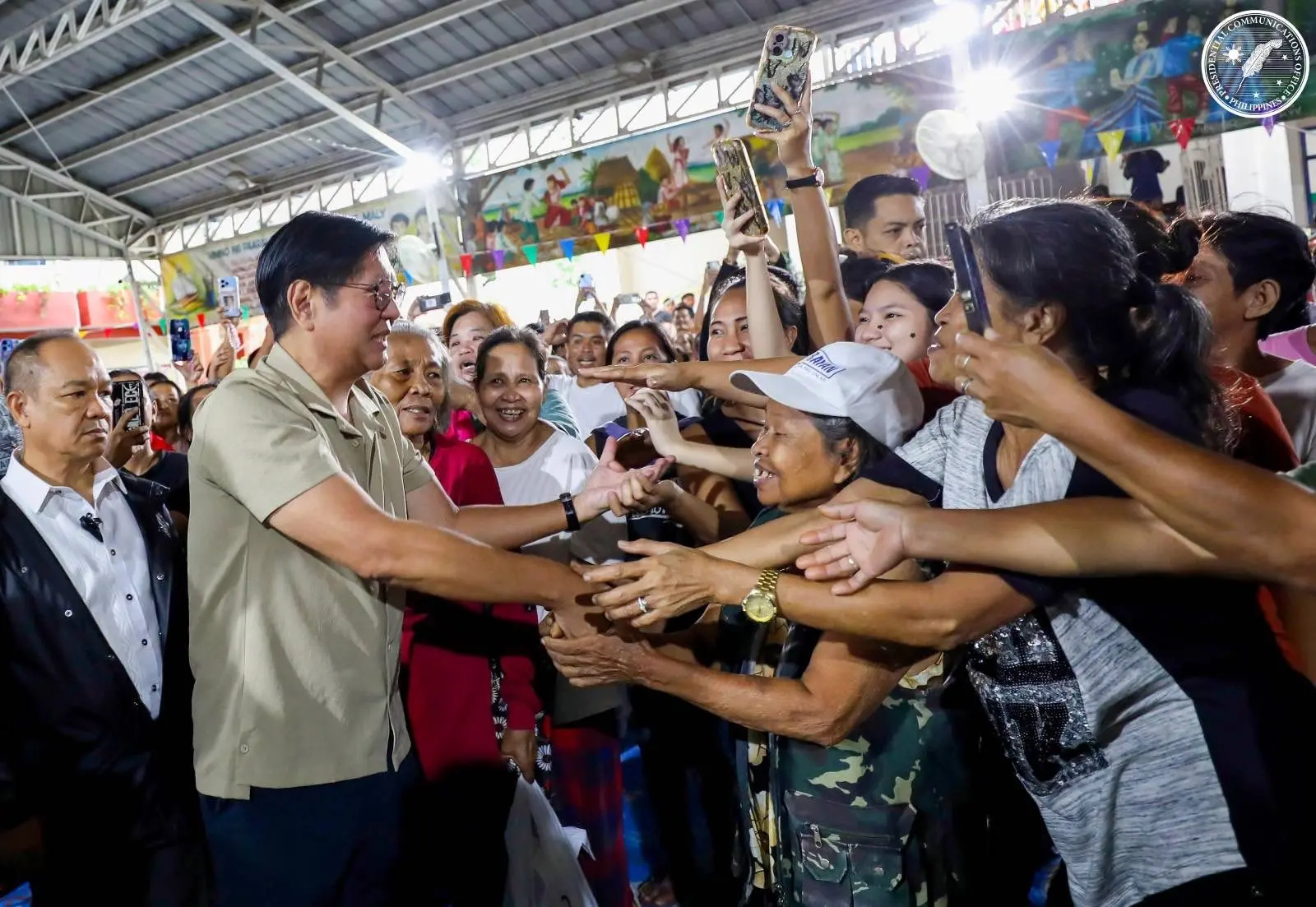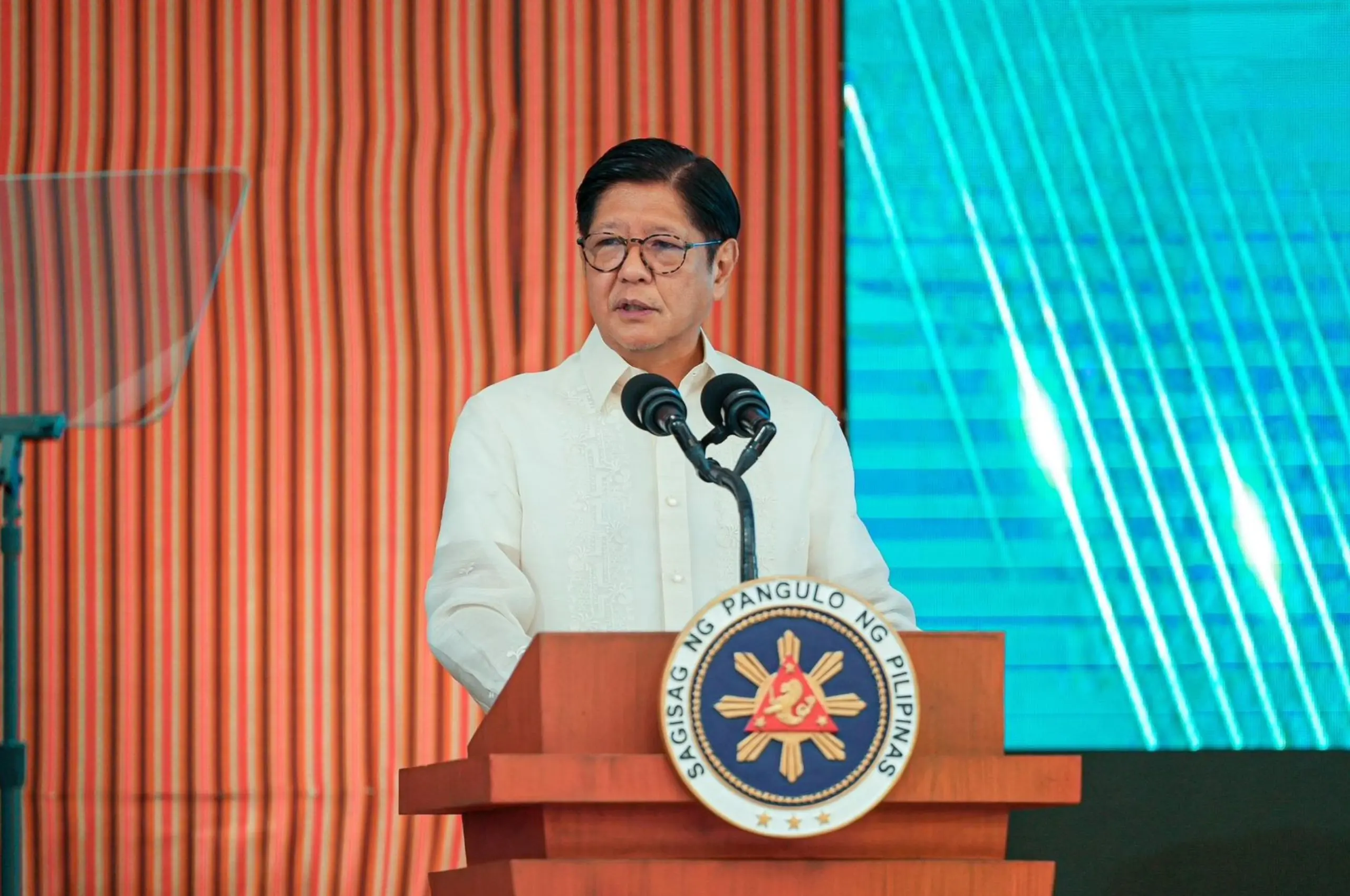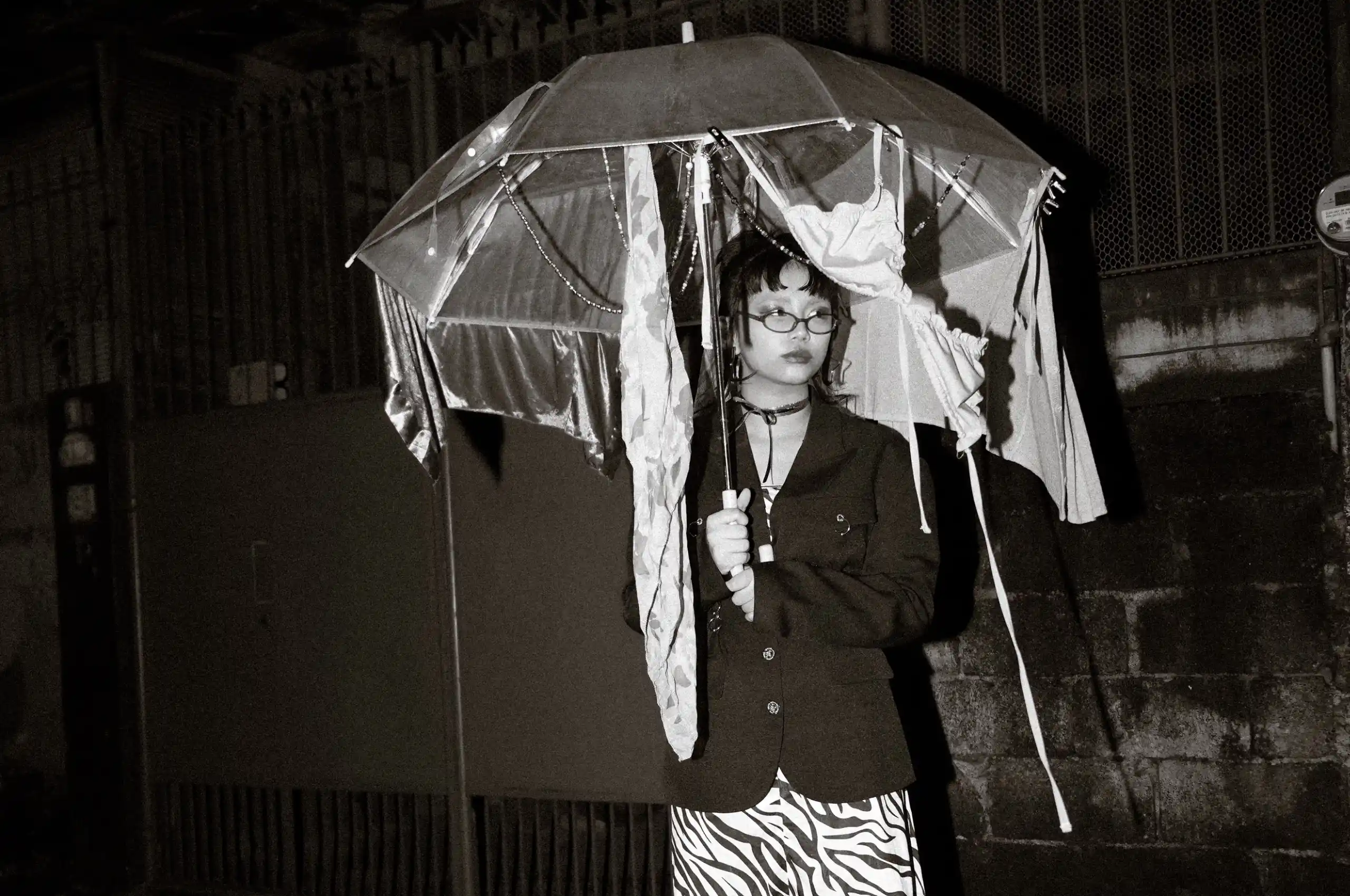When President Ferdinand “Bongbong” Marcos Jr. said that he would have joined the September 21 anti-corruption protests if he weren’t the president, he seemed to have missed that the protests fell on the anniversary of his father’s declaration of martial law. In fact, the loudest cry at last Sunday’s rallies was to hold the country’s topmost officials accountable for government corruption, the scope of which we are still uncovering as investigations into the Department of Public Works and Highway’s (DWPH) flood control projects continue.
Marcos’ attempt at making himself a man of the people isn’t the first, nor is it his latest. On Monday, September 22, Presidential Communications Office Undersecretary Claire Castro said that the president was ready to face the Commission on Elections (Comelec) and Independent Commission for Infrastructure (ICI) over a report by the Philippine Center for Investigative Journalism (PCIJ) stating that he received P21 million from contractors for his presidential campaign. The report is based on the statement of contributions and expenditures he submitted to the Comelec at the end of the election period in 2022, when he won the presidency.
“Matapang po ang pangulo. Alam po niya ang kanyang ginagawa at kung ano man maaaring imbestigahan dito, hindi niya i-e-excuse ang sarili niya,” Castro said during a Palace press briefing.
In an episode of BBM Podcast, Marcos said of the corruption scandal, “I’m not disheartened. I’m not disappointed. I get very, very angry. How can you do this to people that have worked every day of their lives?”
In late August, the Malacañang also said that Marcos was willing to disclose his statement of assets, liabilities, and net worth (SALN) as he ordered lifestyle checks on all government officials.
But we haven’t seen Marcos’ SALN, and he hasn’t been investigated — not by the ICI, which he himself established as an independent investigative body to probe anomalies in the flood control projects.
Beware the Performative Man

In an ANC interview, political scientist Julio Teehankee said that people are skeptical of Marcos’ strides against corruption. “Alam naman nating may kasaysayan ang pamilya ng mga Marcos sa nakaraan tungkol sa isyu ng korapsyon, kaya ito ay isang irony na tinatawag,” he said.
“Usong-uso sa Gen Z ngayon ‘yong term na ‘performative male’ or ‘performative man,’” added Teehankee, who works as a professor of political science at the De La Salle University. “Ito ‘yong isang lalaking nagpapanggap na siya ay progresibo o peminista upang malapit sa kababaihan. At ito ang iniisip ng iba: ang atin bang pangulo ay sinsero sa kanyang suddenly naging anti-corruption advocacy, at tototohanin niya ba ang kanyang sinabi na hahabulin niya itong mga nagkasala at ang mga korap?”
At the very least, Marcos seems willing to put his own allies and even kin through the fire. When asked by reporters how he’d convince the public that the ICI wouldn’t give his allies and relatives preferential treatment, he said, “They will not be spared. Anybody will say, ‘Wala tayong kinikilingan.’ Wala namang maniniwala sa iyo hanggat gawin mo.”
Recently, the president’s first cousin, Leyte First District Representative Martin Romualdez, stepped down as House speaker after being implicated in kickback schemes related to the flood control projects. While Romualdez has denied his involvement, he resigned from his post to spare the reputation of the House of Representatives.
While the flood control controversy continues to shake up the DPWH and the legislature, the president has largely remained unscathed and unquestioned in government investigations. The fact also remains that even though he promises to give the stolen taxpayers’ money back, his family has still gotten away with plundering the country during Ferdinand Marcos Sr.’s regime, with their ill-gotten wealth cases being dismissed by the Sandiganbayan as late as February this year. So, until Marcos faces the same reckoning he promises others, his presidency will remain defined by his performativity.







